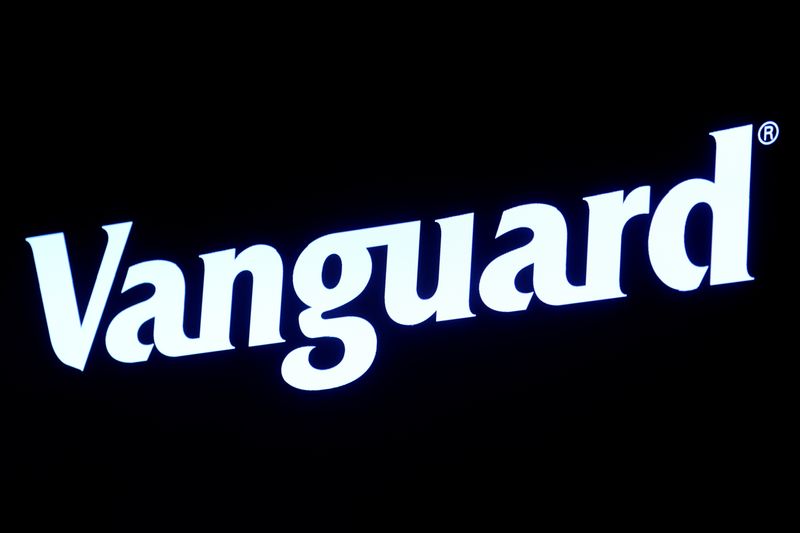Vanguard to pay $40 million to mutual fund investors stuck with big tax bills
By Jonathan Stempel
(Reuters) - Vanguard Group, the largest U.S. manager of mutual fund assets, agreed to pay $40 million to settle a lawsuit claiming it stuck ordinary investors in its popular target-date retirement funds with surprisingly large tax bills.
A preliminary settlement of the proposed class action was filed on Wednesday in Philadelphia federal court, and requires a judge's approval. Vanguard denied wrongdoing.
The lawsuit stemmed from Vanguard's December 2020 decision to reduce the minimum investment in lower-cost funds meant for institutional clients to $5 million from $100 million.
Investors said this caused a "stampede" into the lower-cost funds, forced higher-cost retail funds to sell assets to meet redemptions, and saddled investors who did not qualify for the lower-cost funds with large capital gains in their taxable brokerage accounts.
In one example, the Vanguard Target (NYSE:TGT ) Retirement 2040 Fund threw off an estimated 15.1% of its net asset value as capital gains in 2021, up from 0.4% in 2020.
Vanguard's target-date funds contain mixes of stocks, bonds and cash that are designed to become less risky as investors age, and also be tax-efficient.
The Valley Forge, Pennsylvania-based company had $9.9 trillion of assets under management as of Aug. 31.
"Vanguard is committed to supporting everyday investors and retirement savers and is happy to have reached an agreement that allows us to put this litigation behind us," Vanguard said in a statement.
In July 2022, Vanguard agreed to pay $6.25 million to resolve similar claims by Massachusetts Secretary of State William Galvin.
The investors' lawyers may seek up to $13.33 million for fees, $985,000 for expenses and $240,000 for the 12 named plaintiffs, leaving about $25.4 million for other investors.
The lawyers said the "best case" scenario for damages was $259.5 million, and the $40 million recovery was an "excellent result."
The case is In re Vanguard Chester Funds Litigation, U.S. District Court, Eastern District of Pennsylvania, No. 22-00955.
Source: Investing.com
